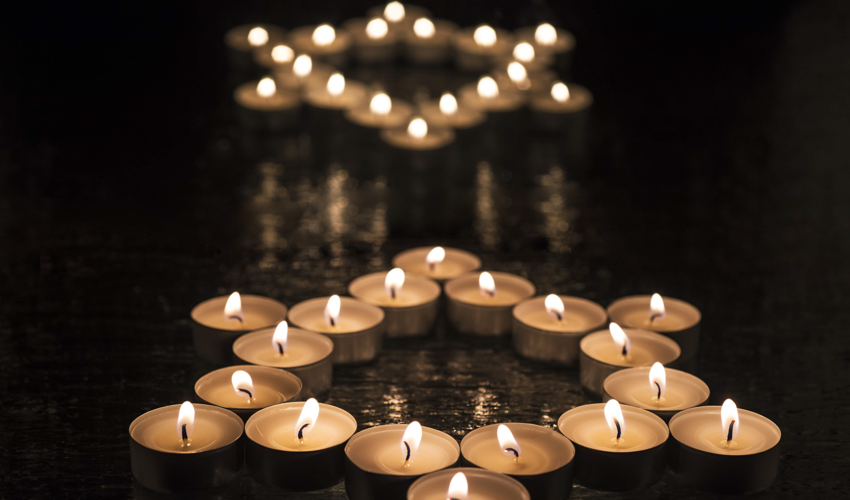
Remembering Is Welcoming Those Who Have Seen Hell
BOCCONI MARKS THE DAY OF REMEMBRANCE FOR THE VICTIMS OF THE SHOAH WITH A SPECIAL BIBLIOGRAPHIC GUIDE. BECAUSE, AS POINTED OUT BY GIUNIA GATTA, ADJUNCT PROFESSOR OF POLITICAL PHILOSOPHY, EVERYONE REMEMBERING TOGETHER MEANS UNDERSTANDING AND GIVING A HOME TO THOSE WHO SURVIVEDMemory. A word made of a thousand nuances. The one linked to the Day of Remembrance is dark, gloomy, has the color of death. But, looking deeper, it also contains the green spring of hope that all this, thanks to memory, will never happen again. January 27 is the Day of Remembrance for the victims of the Shoah, which in Milan has a symbolic place in platform 21 of the Central Station, hidden in the basement.
It was from there, from that track used for loading goods, that thousands of Jews were deported to the Nazi death camps. And it was from there that, on January 30, 1944, the train that took Liliana Segre and her father, Alberto, a Bocconi Alumnus, to the hell of the Ravensbrück concentration camp also left Milan. A tragic destiny also shared by Nedo Fiano, the Bocconian writer who died at the age of 95 in 2020 and Giuseppe Pagano, the architect who created the Bocconi headquarters in via Sarfatti 25 (in memory of whom one of the 70 thousand stumbling blocks dedicated to the victims of the Holocaust was placed right at the entrance of the University).
"Remember, not being afraid of memory and listening to direct accounts, we help to build and give a home to those who survived," explains Giunia Gatta, adjunct professor of political philosophy and human rights and reviewer of the special guide edited on the occasion of Holocaust Remembrance Day by the Bocconi University Library.
A collection of documents and food for thought to keep awareness alive and, by remembering, help to alleviate the deep sense of disorientation that struck those who managed to return from the Nazi concentration camps: rebuild a broken life in a world never fully aware of that hell. The same bewilderment that led some of the survivors, including the writers Primo Levi and Jean Améry, to take their own lives.
But remember is also a weapon against indifference, the very word carved in huge stone letters in the Memorial of the Shoah at the Central Station. "Remembering all together", continues Giunia Gatta, "let us ensure that no one suffers the dehumanization that is at the basis of all tragic events such as the Holocaust." And which begins in a subtle and subtle way: "Before the concentration camps - the final solution - there were small discriminations, humiliations and abuses and – be warned– this beginning of the process of dehumanization is what we see every day during the humanitarian emergencies that affect us, as with the refugees arriving in Italy."
by Andrea Celauro
Translated by Richard Greenslade
